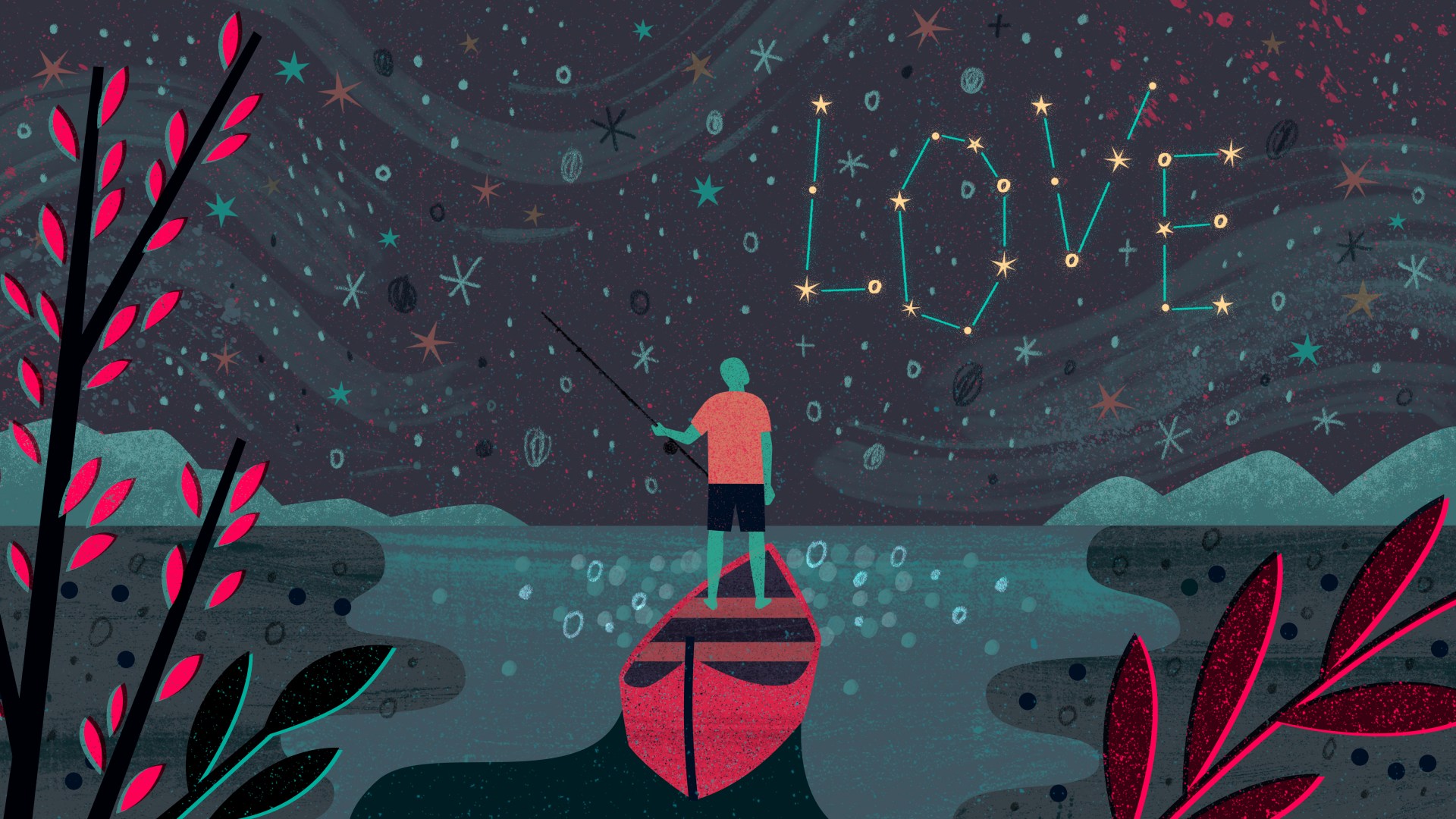What did you want to be when you grew up?
We have all been asked that question. Maybe not for a few decades, but think about it. Go back to when you were six, seven, or eight. Some clues are available in the toys you played with, the games you enjoyed, the lunch box you took to school, the costumes you wore. What did you pretend to be? A galaxy explorer? A lawman of the Old West? A sports all-star, perhaps, or a world-renowned performing artist? Or maybe an animal doctor, an adventure guide, a builder, or an author.
Ask boys what they want to be and it will be daring, adventurous, heroic, and important. It will require strength and courage, and it will come with a uniform and the tools of their calling. “Boys aren’t pretending,” I once heard John Eldredge say. “They are rehearsing.”
In mock contrast, remember the Monster.com commercial? The one with fifth-grade kids saying things like “When I grow up, I want to . . .”
“file allll day.”
“climb my way up to middle management.”
“be replaced on a whim.”
“have a brown nose.”
“be a yes-man.”
That commercial made Monster.com a household name overnight and launched it into the largest job-posting and career website in the world. I wonder why. Settling for less was never an option when you were eight. That’s the age when commencement speeches should be made, because it is the time in a boy’s life when he really believes I can do anything.
Add ten more years, though, and his young masculine heart isn’t so sure anymore. He’s not certain who he is, and he is definitely concerned whether he has what it takes.
What does every human being want, hope for, long to experience in his or her life from the time we arrive till the day we depart?
In a word, love. Love is the greatest thing in the world. It is our greatest need and, therefore, our greatest desire. We were made for love, and we are only happy when we are in love.
But among love’s different varieties, unconditional love is the only love that, when we experience it, transforms us, removes our ache and longing. Settled by that kind of love, we move beyond striving, arranging, and manipulating; grounded in that kind of love, we set aside fear, protection, and isolation. Like water to dryness and warmth to cold, so is unconditional love to the longing heart. Until the heart finds it—a love that never leaves, never forsakes—the heart will continue its restless search. The desire to be seen, invited, wanted, will, like the wind, blow and fill our sails.
To fulfill our desire for love—for acceptance, worth, and belonging, to mention a few of love’s ingredients—we must go to an unlimited and unconditional source.
It is God who is all the while effectually at work in you [energizing and creating in you the power and desire], both to will and to work for His good pleasure and satisfaction and delight. (Philippians 2:13 AMPC)
That is all I ever wanted—to be in a relationship where I am seen, wanted, and loved. Those are powerful, powerful influences. When experienced, they allow an image bearer to eventually partner with God in wielding them. He is the only One who sees us clearly, wants us more than we can imagine, and loves us for both who we are and who we have it in us to become.
This is what every boy hopes for, what every heart longs for: to be loved. Love is the foundation, the bedrock every man needs in order to become a good king.
Excerpt adapted from Michael Thompson’s King Me: Loving and Leading in a Wounding World, available now.
Posted